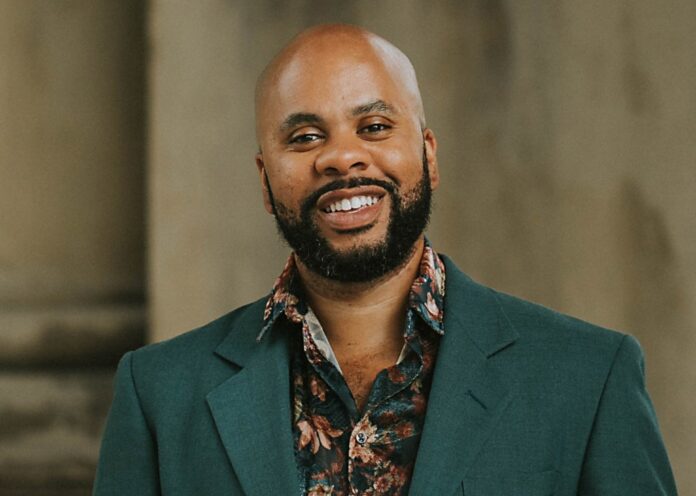
Dear Eric: My son recently announced that he and his wife are divorcing. Shortly after that, I found out my son had an affair with the daughter of my ex-husband’s wife. Technically, the other woman is his step-sister but they only all met as adults, so it’s not cringe-inducing incestuous.
Apparently, my ex-husband knew about the affair while it was occurring, and never said anything to our son, in order to protect their relationship. I’m really angry that my son’s father said nothing, and that I wasn’t told sooner so that I could have done something.
Is it just narcissistic of me to think this is any of my business, or that I could have helped the marriage, had I known? Wouldn’t telling my son that his mom knows what he’s up to have benefited him and his marriage, especially after I very strongly recommended therapy?
With this new information, I’m having a hard time being supportive and empathetic. I just want to tell my son to give my daughter-in-law whatever she wants in the divorce; that she deserves it. Don’t we all hold each other accountable, or do I just not understand boundaries?
— Sad and Angry Mom
Dear Mom: You’re not being narcissistic, but you may be overestimating your (or anyone’s) ability to make a family member see reason when they’re bound and determined to do exactly what they want, no matter the consequences.
I know you would have liked for your son or his father to call you about this, but, really, the call they needed to make was to a hazmat team because this is a mess. What’s worse — your son knew what a mess he was making when he took up with his step-sister in the first place.
I’m not inclined to believe that someone who willingly courts disaster, both familial and marital, is likely to be persuaded by a dressing down from mom.
You have the right, and parental responsibility, to let your son know that you don’t condone his actions. While he will have to work to earn back the portion of your respect he’s lost, remember that the amends he needs to make to his soon-to-be ex-wife are between them. That’s where the boundaries come in.
You’ve got to let them hash this out without your interference. A divorce is complicated and painful enough without a Greek chorus chiming in.
No parent wants to see their child do wrong (or get hurt), but part of having adult children is saying, “You made this mess; you know where the bucket and the mop are. Good luck.”
Dear Eric: My husband and I, married almost 40 years, are entering our twilight years with very different abilities and stages of our bodies failing. We’re in our early 70s. We have always been outdoorsy and active.
I now have serious heart issues that really slow me down, so I only do a little camping and a daily walk, whereas my husband still does it all.
We live in a rural area, and it’s hard for me to make friends, so I feel like I’d be happier in a retirement community. My husband is reluctant to make this change. We could afford to live separately, but we are so symbiotic now. What should we do?
— Ready to Move On
Dear Ready: While I’m sorry to read that you’re having more trouble being active, I’m heartened by your perspective on it. You’ve figured out a solution that will work for you, which is healthy and is going to keep you healthier. In fact, it’s a solution that will keep both of you happier. You should present it to your husband in that way.
Approach this transition the way you’ve approached other life changes throughout your marriage — other moves, decisions, crises, etc. It may feel too big or too final for him and that might be scary. But help him see that your quality of life will improve and his won’t have to change.
He can still go camping in the same spots that he does, presuming that the community you choose is within driving distance of your home. With you making stronger social connections in the community, he may feel more empowered to pursue his outdoorsy interests, and then come home to you.
If you can afford to live separately, you should also be able to afford to keep the rural abode, if you want, and still live together in the community. It’s going to be a change for both of you. But I see only upside here.
Make these decisions while you have the autonomy to do so and a plethora of choices. You’re not shutting down a part of your life, you’re acknowledging reality and opening up a new chapter in an ongoing story.
(Send questions to R. Eric Thomas at [email protected] or P.O. Box 22474, Philadelphia, PA 19110. Follow him on Instagram and sign up for his weekly newsletter at rericthomas.com.)



